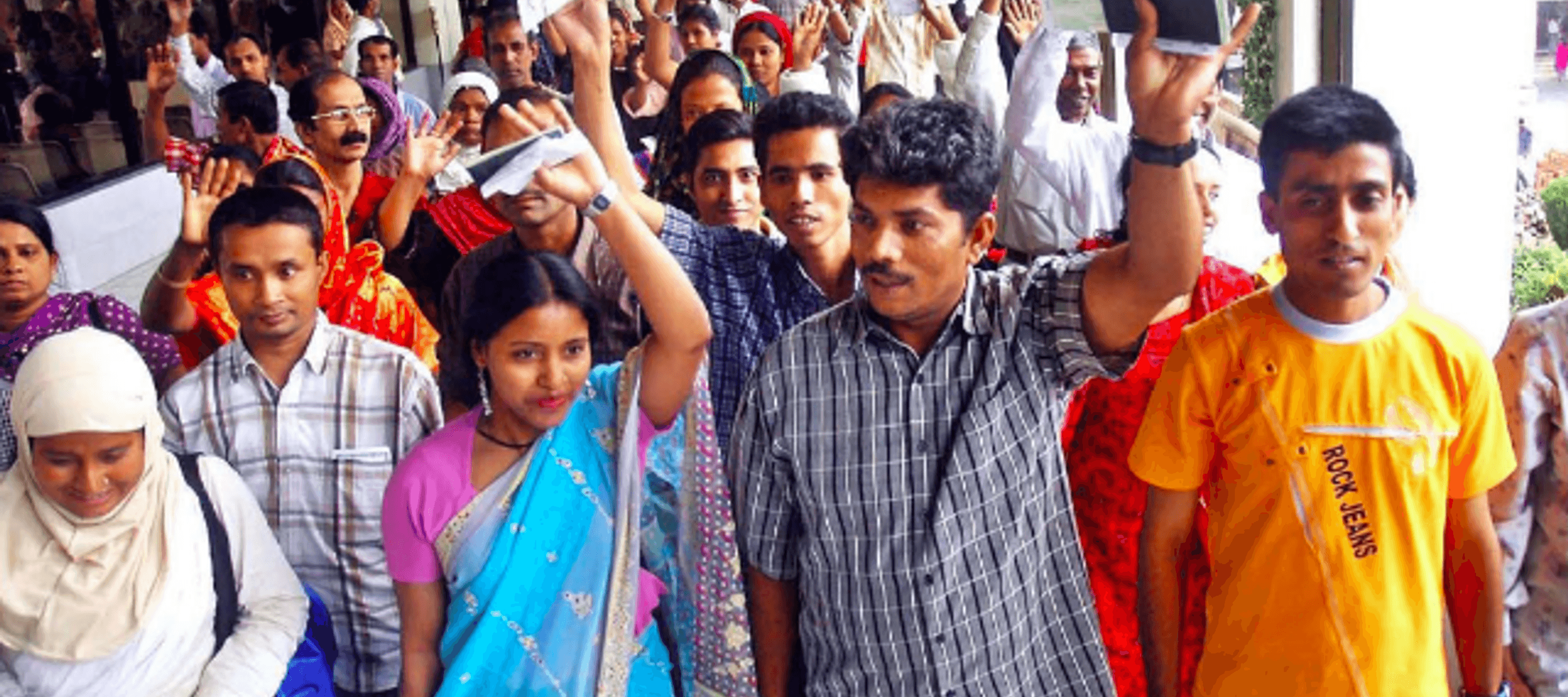Bangladeshi Migrant Workers - Responsible Recruitment, Responsible Return
29 August 2011

Safe and sustainable labour migration is a key driver of economic development in both sending and receiving countries. Ensuring the protection of migrant workers’ human rights is becoming an increasingly important issue for a number of global industries, as well as for home and host governments.
Remittances from Bangladeshi migrant workers constitute the country’s biggest foreign export earner, representing 13% of GDP ($10.7 billion in 2010). They are, however, vulnerable to exploitation and lack of protection at all stages of the migration cycle ‐ recruitment, employment, and, as recent events in Libya have demonstrated, returning home.
Strengthening good practice in the recruitment processes for hiring Bangladeshi workers could improve worker protection, prevent value erosion of their remittances due to excessive levels of debt, strengthen labour broker‐employer relations and reduce the risk to reputation and operational efficiency for brands and their suppliers sourcing labour from Bangladesh.
On 28‐29 June 2011, the Institute for Human Rights and Business and the Refugee and Migratory Movements Research Unit, Dhaka University convened a roundtable in Dhaka to explore the responsibilities of companies and governments in raising standards of migrant worker protection in supply chains. The meeting was the third in a series of roundtables1 convened by IHRB, on this subject, bringing together in a key sending country apparel brands, suppliers, recruitment agents, government and civil society to discuss options for collective and sustainable approaches to strengthening migrant worker protection during the recruitment phase in Bangladesh, as well as responsibilities of companies to ensure safe return of workers, including in times of crisis.
The meeting was held under the Chatham House Rule. This report summarises key points raised during the roundtable. Organisations mentioned in the report have granted their permission to be cited.



